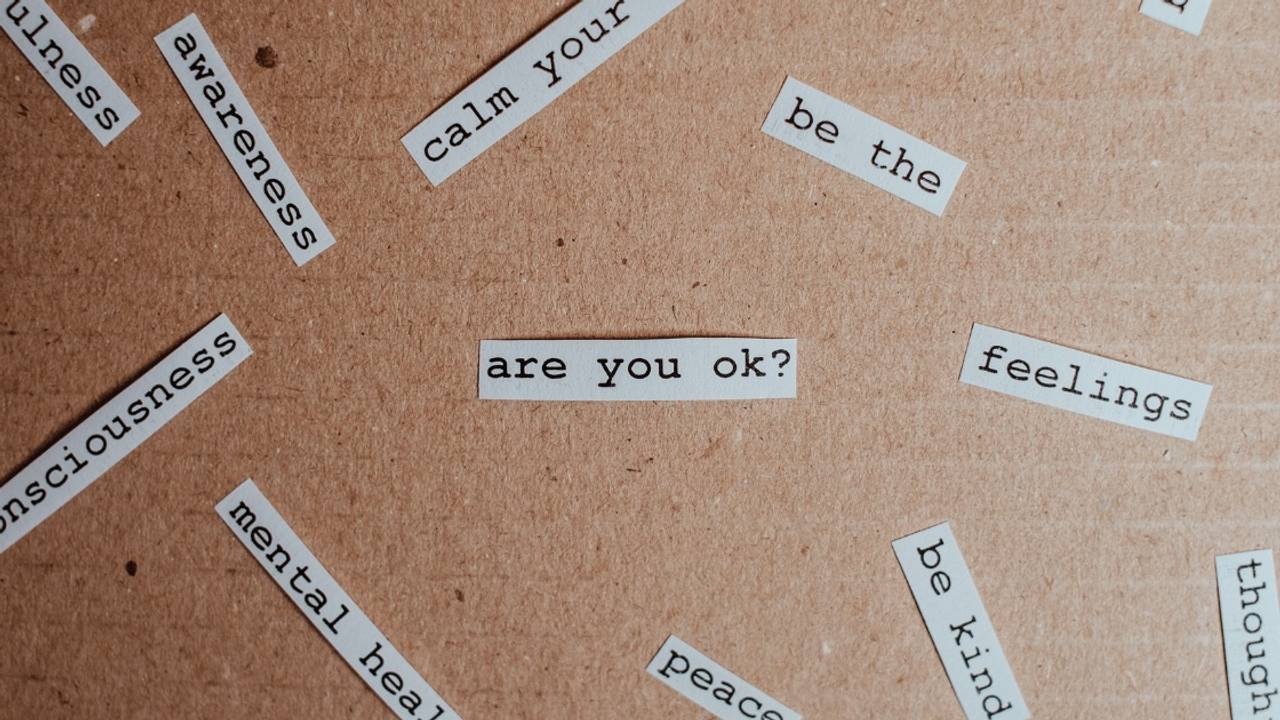
Suicide Awareness Month
Sep 06, 2022Autism spectrum disorder (ASD) is a neurological disorder that affects approximately 2.2% of adults in the United States. Autism is believed to be caused by a combination of genetic and environmental factors and is characterized by social-emotional, communication, and behavioral challenges. Research has shown that people with ASD are at an increased risk for suicide. In fact, studies have found that the rate of suicide among people with ASD is anywhere from two to nine times higher than the rate for the general population. There are many reasons why people with ASD may be at an increased risk for suicide—one reason is that people with ASD often experience social isolation and bullying. In addition, people with ASD may have difficulty understanding and expressing emotions, which makes it more difficult to ask for help when they are struggling. Parents of children on the autism spectrum are also at an increased risk for suicide. Especially when parents do not get the help and support they need. Both young adults on the autism spectrum and their parents are at a greater risk of experiencing depression, anxiety, PTSD, and panic disorder. In honor of suicide awareness month, here are eight ways you can counter suicide with awareness and action:
- Pay Attention - Stay aware of changes in behavior. Especially when behavior changes cause problems with school, work, or usual routines. Losing interest in things that were once enjoyed, and sleep disturbances can also be a sign of potential trouble.
- Talk About It - Be open when talking about depression, anxiety, and suicidal thoughts. Don't be afraid to enlist help from healthcare professionals, educators, therapists, faith supporters, etc.
- Prevent Bullying - Monitor your young adult's school and workplace for signs of bullying.
- Reduce Social Isolation - Build social relationships by prioritizing social skills and peer mentoring. NAMI.org is a great place to start looking for local community groups.
- Promote Healthy Lifestyles - Good nutrition, daily exercise, regular sleep, stress management, and mindfulness practice all help regulate mood and behaviors.
- Monitor Medication Side Effects - Some medications used for behavioral or mood problems can increase suicidal thoughts. Stay aware of this possibility, and contact your doctor immediately if worrisome symptoms appear.
- Place Barriers on Lethal Means - If you have concerns or are entering a crisis situation, keep firearms and sharp objects under lock and key. And be aware of any poisons—including medications—in your home that should be secured. Lock upper story windows and engage child locks on car doors. Remove or prevent access to ropes and cords.
- Act Quickly - If you recognize suicidal tendencies in an individual with or without an autism diagnosis, reach out to a professional immediately. Monitor your young adult closely and constantly until he or she is seen by a professional.
Suicide among those in the autism community is sadly on the rise. But there is hope to reverse this trend by increasing awareness and decreasing the stigma surrounding autism and mental health. At Brilliant Life Community, our mission is to provide support and resources for parents who are facing the unique challenges of supporting their young adults on a path forward to independence. I encourage you to spread the word to those who need it by sending this blog post to anyone you know with children or sharing it on social media. You can also find more in my free weekly newsletter, The Brilliant Life Insider, and my free guide: Coping With Your Young Adult's Anxiety.

